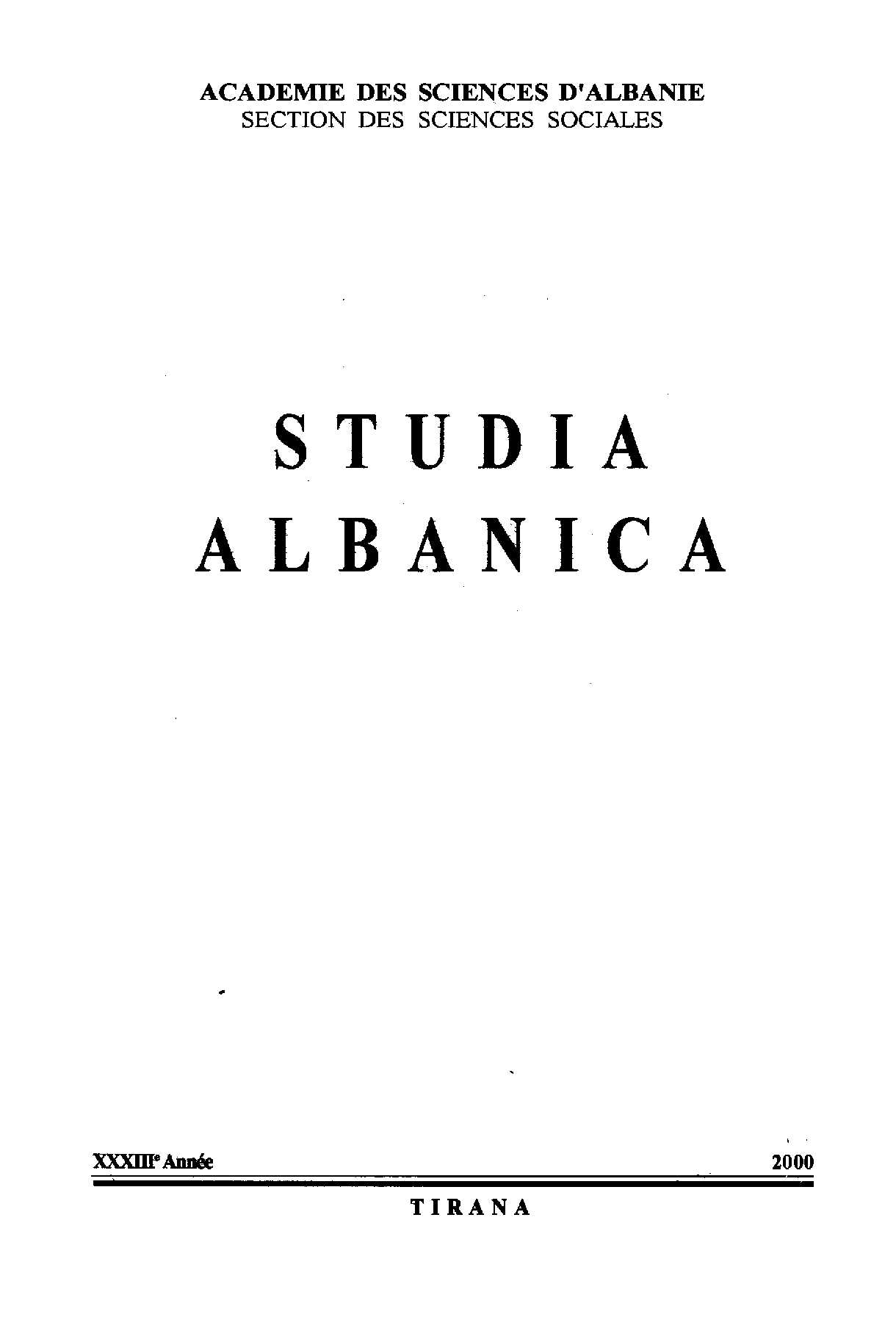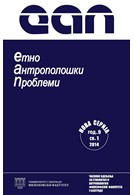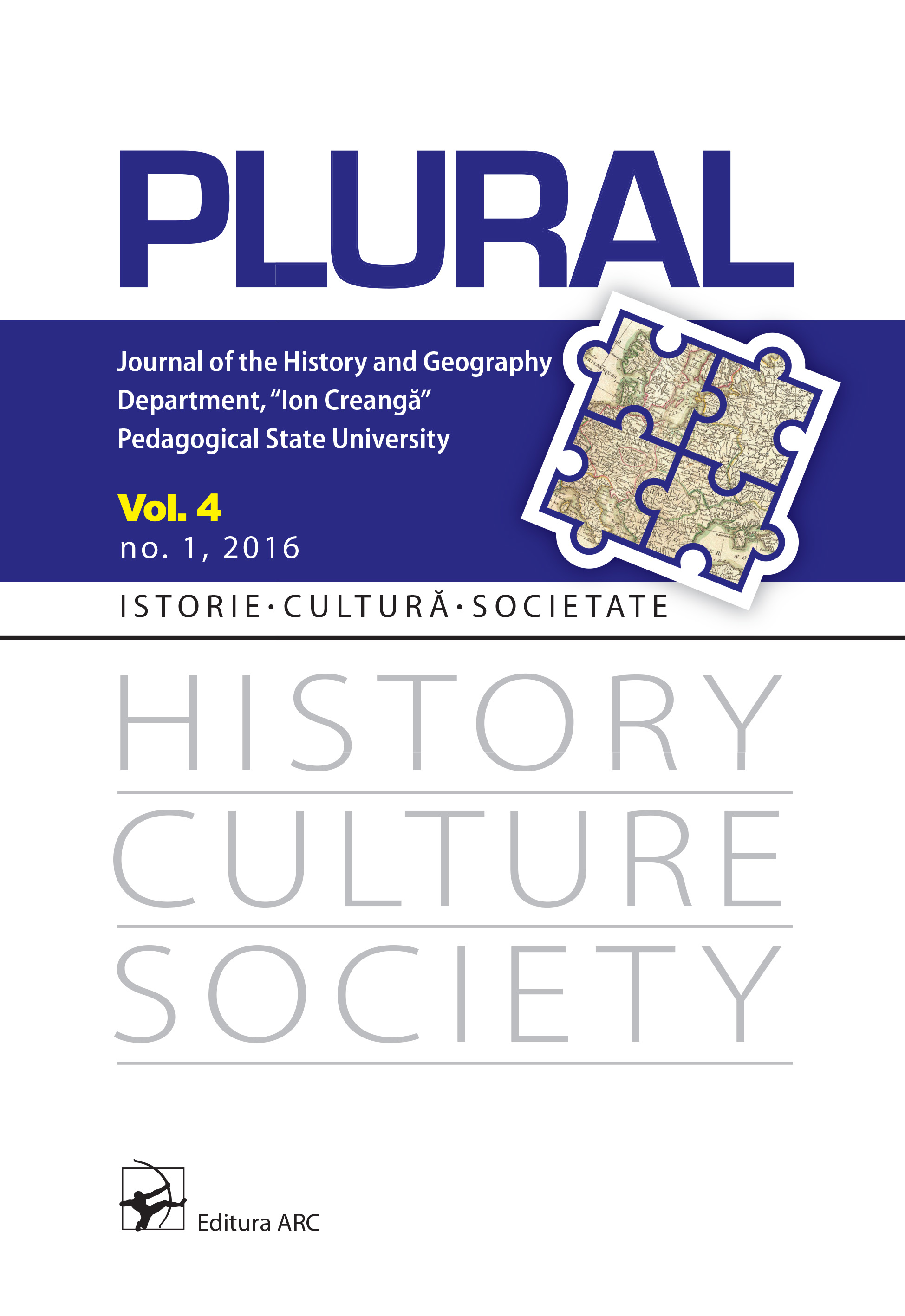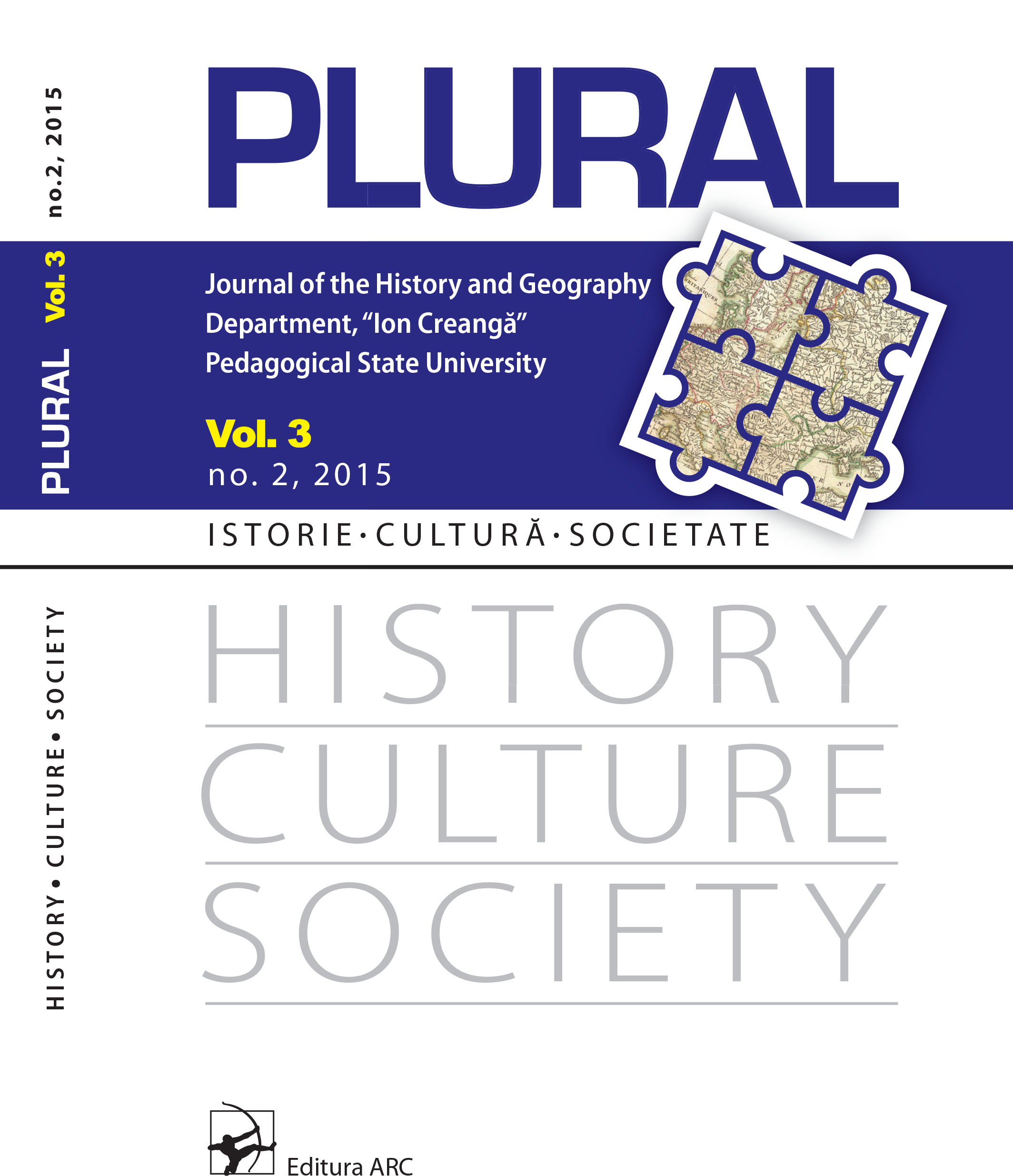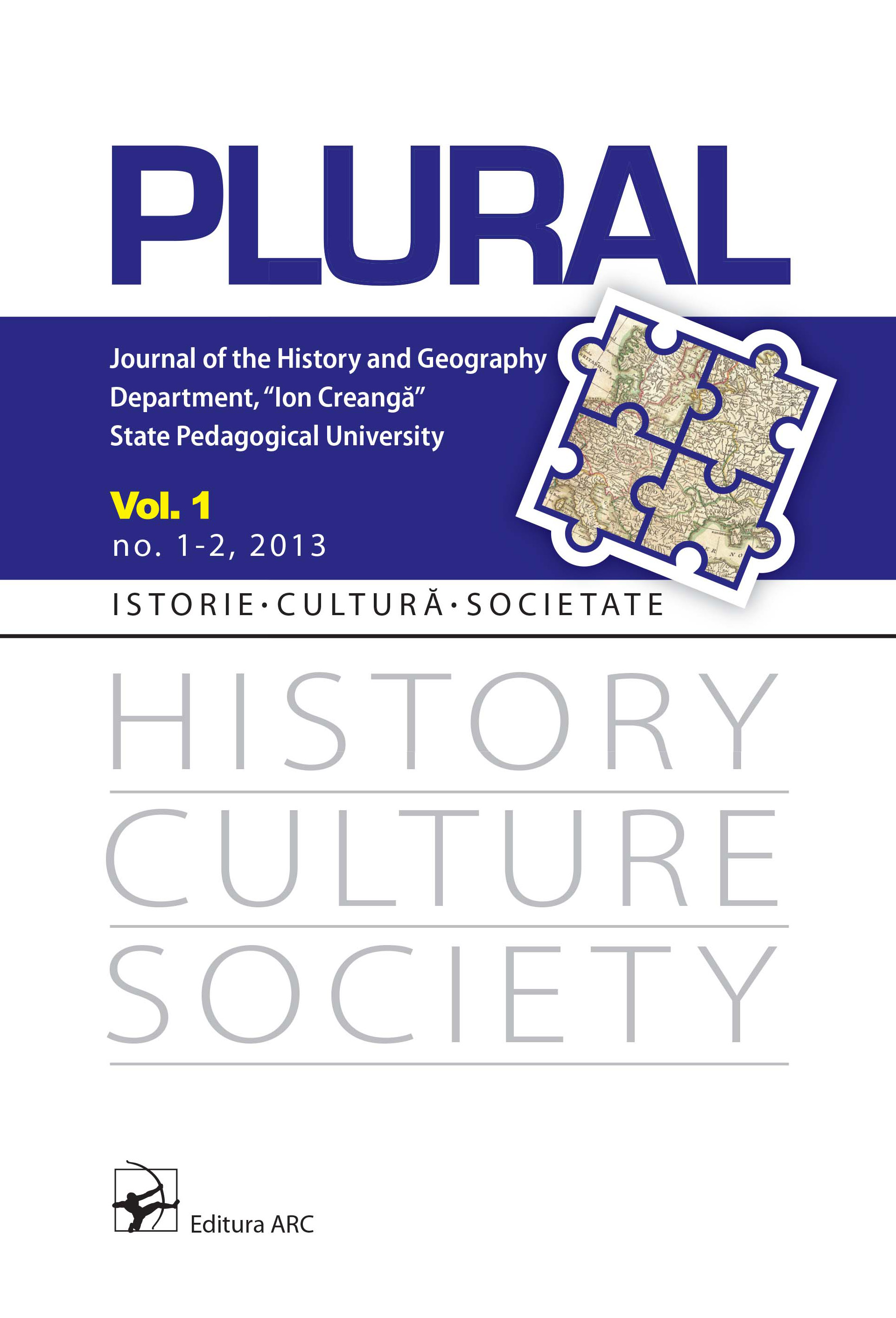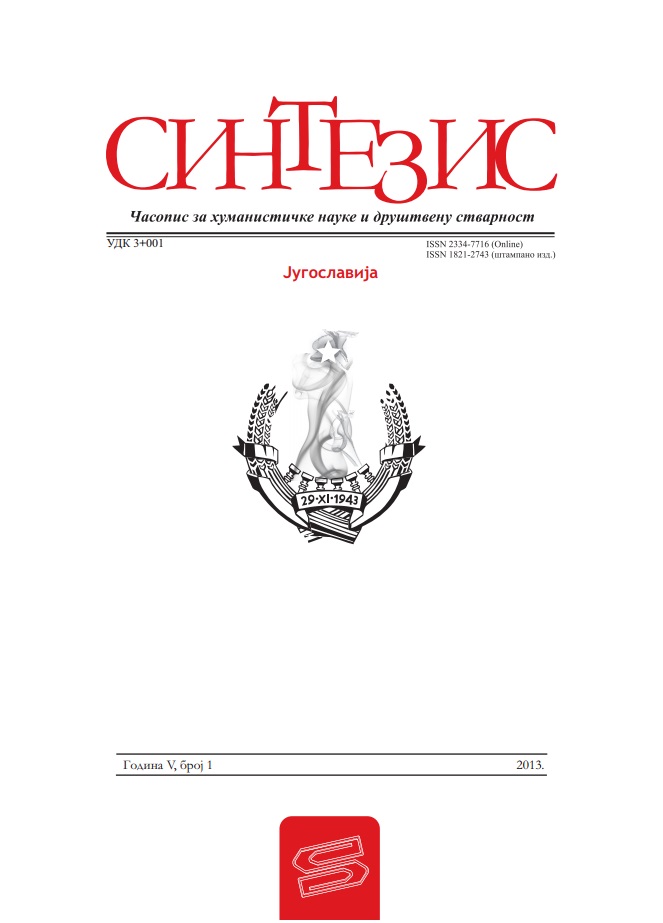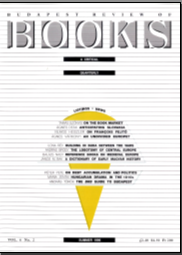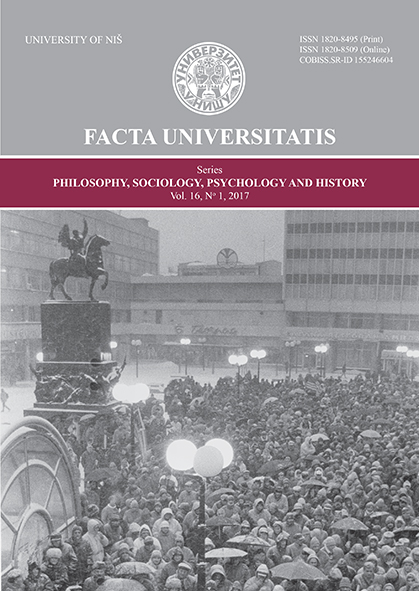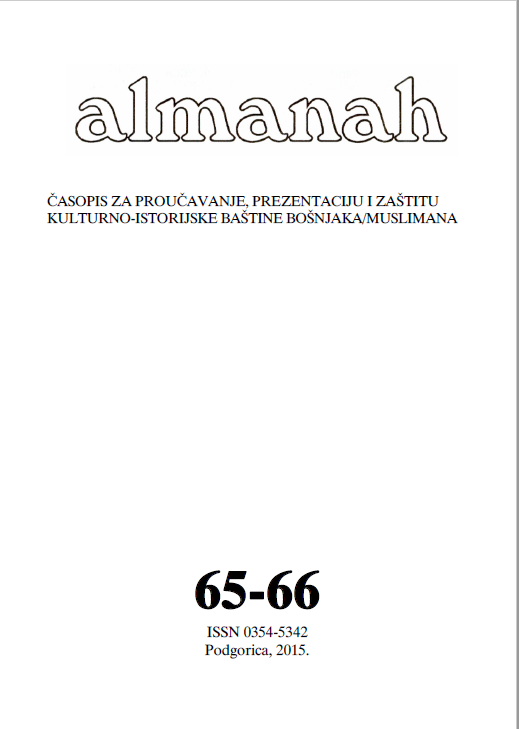Author(s): Rasa Čepaitienė / Language(s): English
Issue: 1-2/2013
In the article, the concepts that have influenced (and are still influencing) the appreciation, assimilation and usage of the collective memory, evidenced in historic Lithuanian towns, especially Vilnius, are analysed, and some possible solutions to the questions arising are proposed. It is emphasized that the recognition, usage and interpretation of cultural values, accumulated in the public spaces of historic towns, which are, as a rule, multiethnic, multiconfessional and multicultural, is a complex undertaking requiring competence, creativity and responsibility. The relationship between this multipartite problem and the cultural politics of modern Lithuania is examined. Two attitudes, monoperspective (imperial, Soviet, nationalistic) and multi-perspective (postmodern), towards the relationship between ethnic communities and the prevailing culture are distinguished. The clearest cases of public space appropriation/interpretation which provoked inter-ethnic or intersectional conflicts in recent times are analysed. These are related to the sensitivity of the collective memory, which is linked to the traumas and wrongs of the recent past. The strategic possibilities of the usage of cultural riches accumulated in the public spaces of Vilnius’ old town are discussed, by referring to the ideas of conservation theorists and taking into account the Lithuanian context. The actuality of the multicultural traditions and experiences of the unique concord in the Grand Duchy of Lithuania are emphasised, considering the present circumstances of the globalised world.
More...
